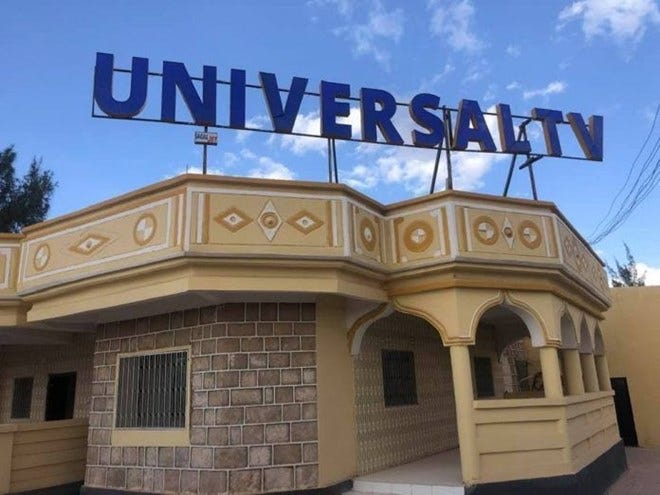Somaliland Enforces Media Ban on Universal TV Amidst Stricter Media Regulations
Government warns advertisers and foreign-based TV stations against content undermining national sovereignty.

BBN-Hargeisa, Somaliland – The government of Somaliland has recently intensified its media regulations by imposing a ban on Universal TV, a UK-based Somali television channel with significant operations within the region. The Ministry of Information, Culture, and National Guidance has directed all advertising companies to cease collaborations with Universal TV and has cautioned other foreign-based television stations, including Astaan TV, to avoid broadcasting content detrimental to Somaliland's sovereignty.
This decisive action reflects the new administration's commitment to safeguarding national interests and addressing concerns over media content perceived as undermining Somaliland's cultural and political integrity. Historically, Universal TV has faced multiple suspensions in Somaliland. In June 2020, the station was banned for failing to broadcast the president's Independence Day speech, a move authorities deemed contrary to national unity efforts. Earlier, in February 2014, the channel was prohibited following the airing of a satirical program that allegedly defamed the then-president, leading to accusations of disseminating "cheap propaganda" and insulting the presidency.
The current administration, led by the Waddani party, has been perceived as adopting a more assertive stance on issues concerning Somaliland's sovereignty. Before assuming office, the party faced criticism over its perceived leniency towards Somalia's political influence. However, since taking power, the government has achieved notable progress in foreign policy, strengthening diplomatic ties and asserting Somaliland's autonomous status on the international stage.
The Ministry's recent directives underscore a broader strategy to regulate media operations within Somaliland, ensuring that all content aligns with the nation's cultural values and political objectives. Media outlets operating in the region are now under increased scrutiny to prevent the dissemination of material considered harmful to Somaliland's interests.
As the government continues to navigate the complex landscape of media freedom and national security, these measures highlight the ongoing tension between upholding freedom of expression and protecting national sovereignty.






